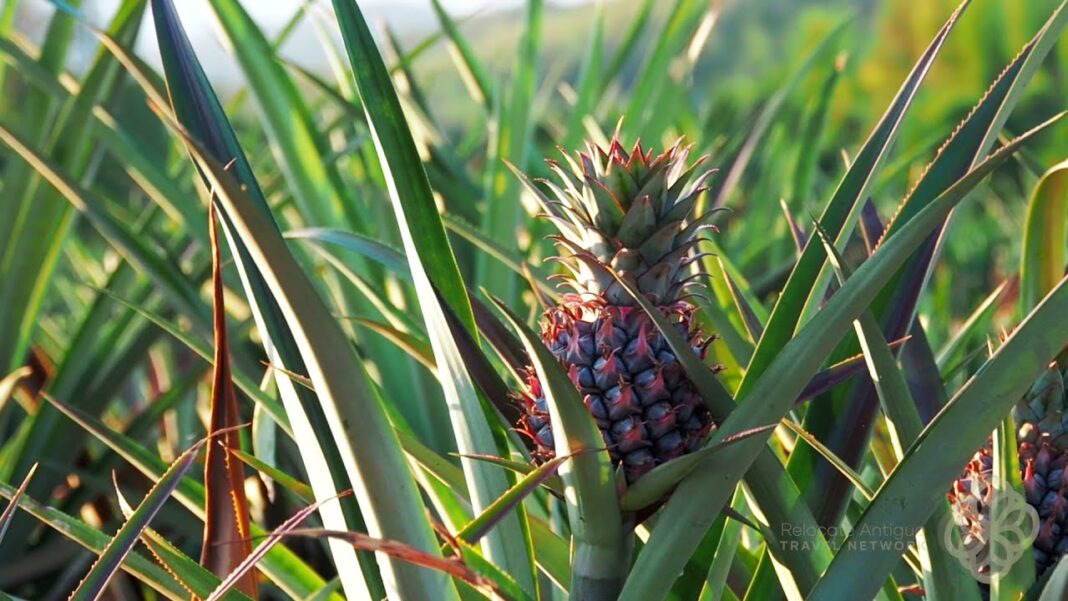The Government of Antigua and Barbuda is ramping up efforts to revitalise the iconic Antigua Black Pineapple, with 15,000 new plantlets ready for cultivation as part of a broader plan to expand production.
The initiative, announced by Agriculture Minister Anthony Smith during a press conference on food security, aims to significantly boost local supply while positioning the fruit as a key export product.
Officials say the current expansion is part of a phased approach to increase Antigua Black Pineapple cultivation, with the long-term goal of reaching 200,000 plants.
“The Antigua Black Pineapple is not only a symbol of our agricultural heritage but also a product with significant economic potential,” Mr Smith said. “This initiative ensures that both government and private farmers have the resources to support large-scale production.”
The Ministry of Agriculture is working closely with farmers to provide technical support, access to quality seedlings, and guidance on best farming practices. Officials say increasing production will help meet both local and international demand while ensuring a stable supply for domestic markets.
The initiative also aligns with broader efforts to modernise agriculture, improve food security, and reduce reliance on imports. Investments in infrastructure, irrigation, and modern farming techniques are expected to support the expansion.
Known for its distinct sweetness and lower acidity compared to other pineapple varieties, the Antigua Black has long been a prized agricultural product. The government hopes that increasing production will enhance its visibility on the global market and provide economic benefits to local farmers.
With the first phase of expansion underway, officials say the coming years will see a steady rise in output, reinforcing Antigua and Barbuda’s reputation for producing high-quality pineapples.




